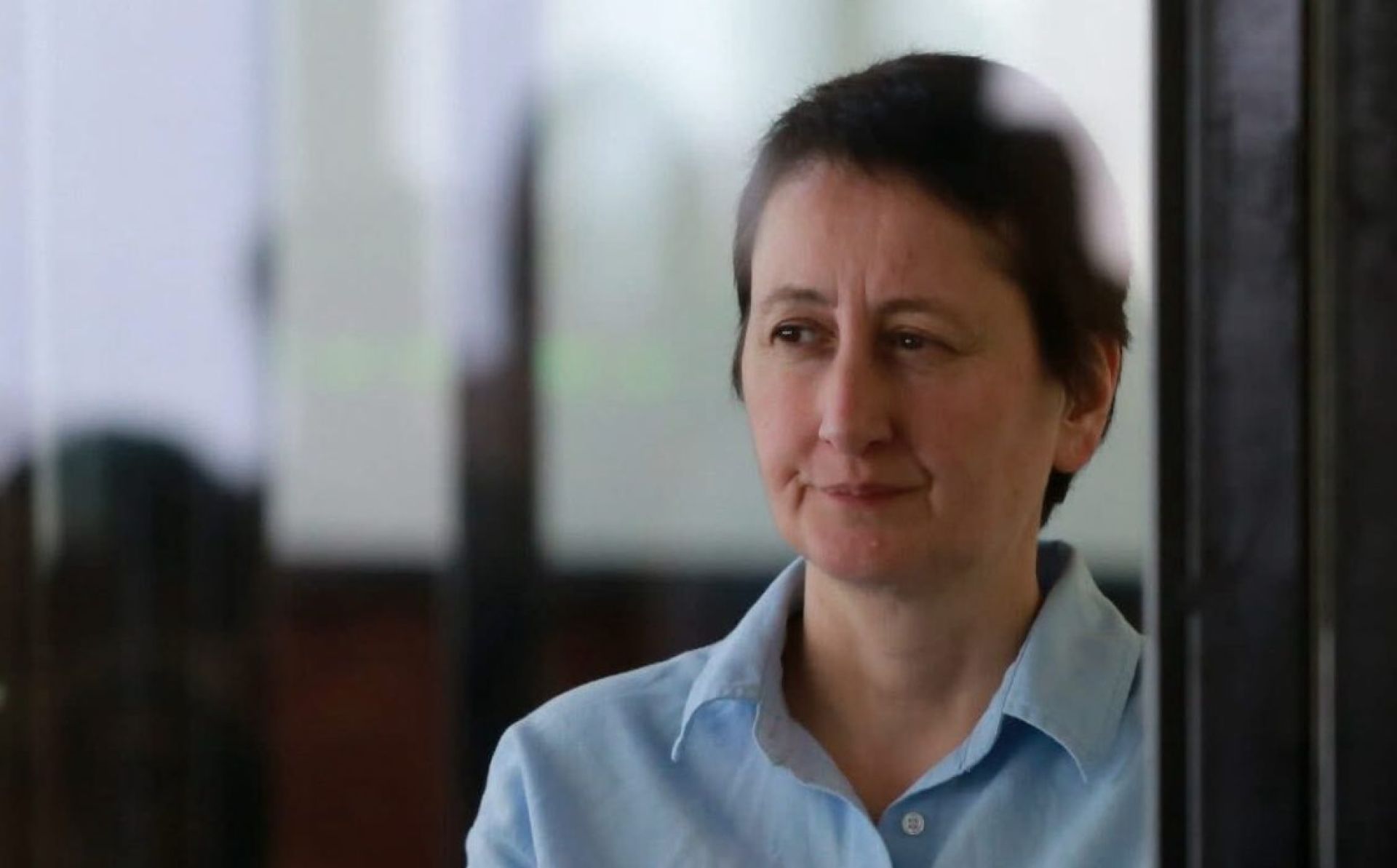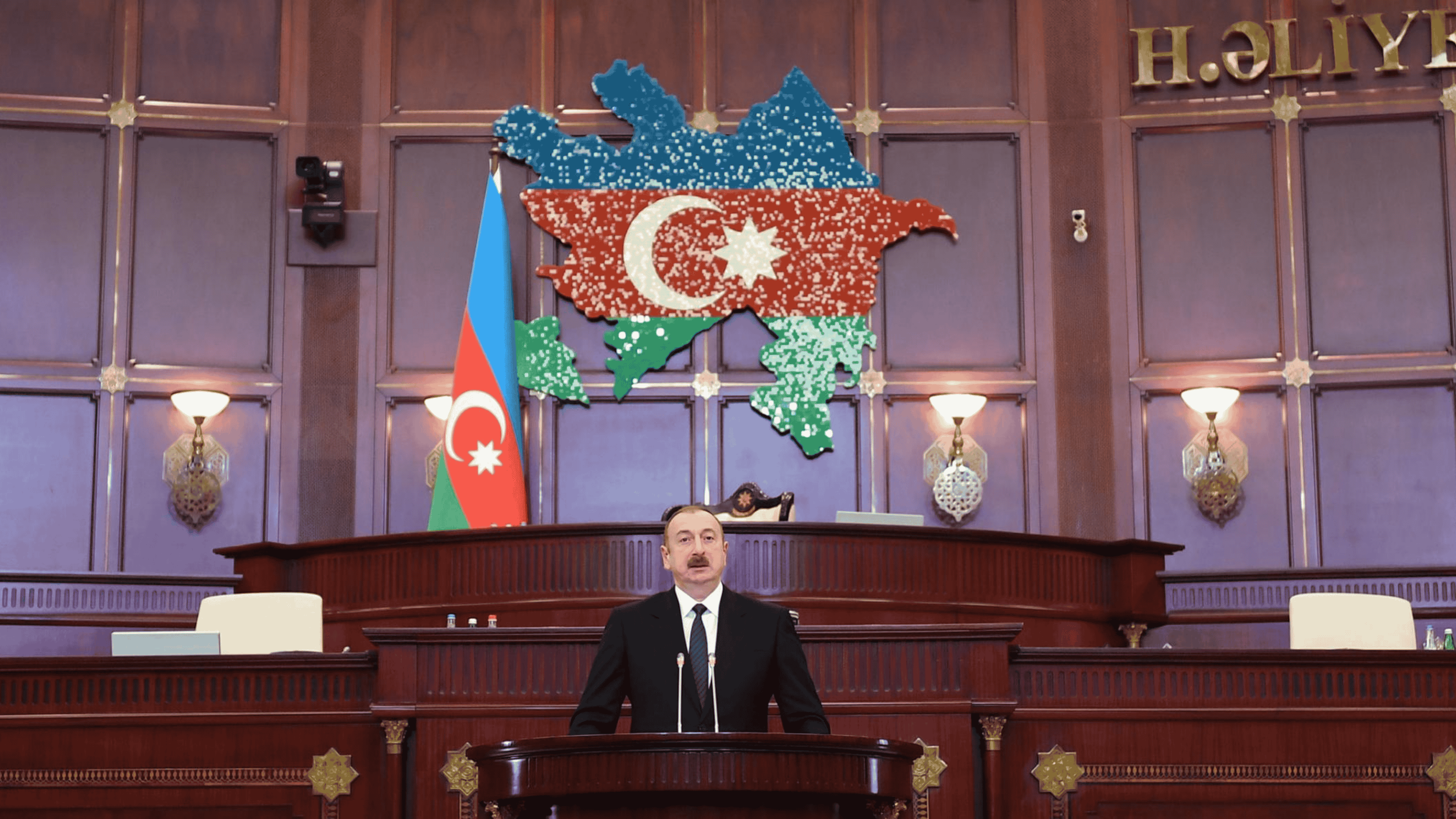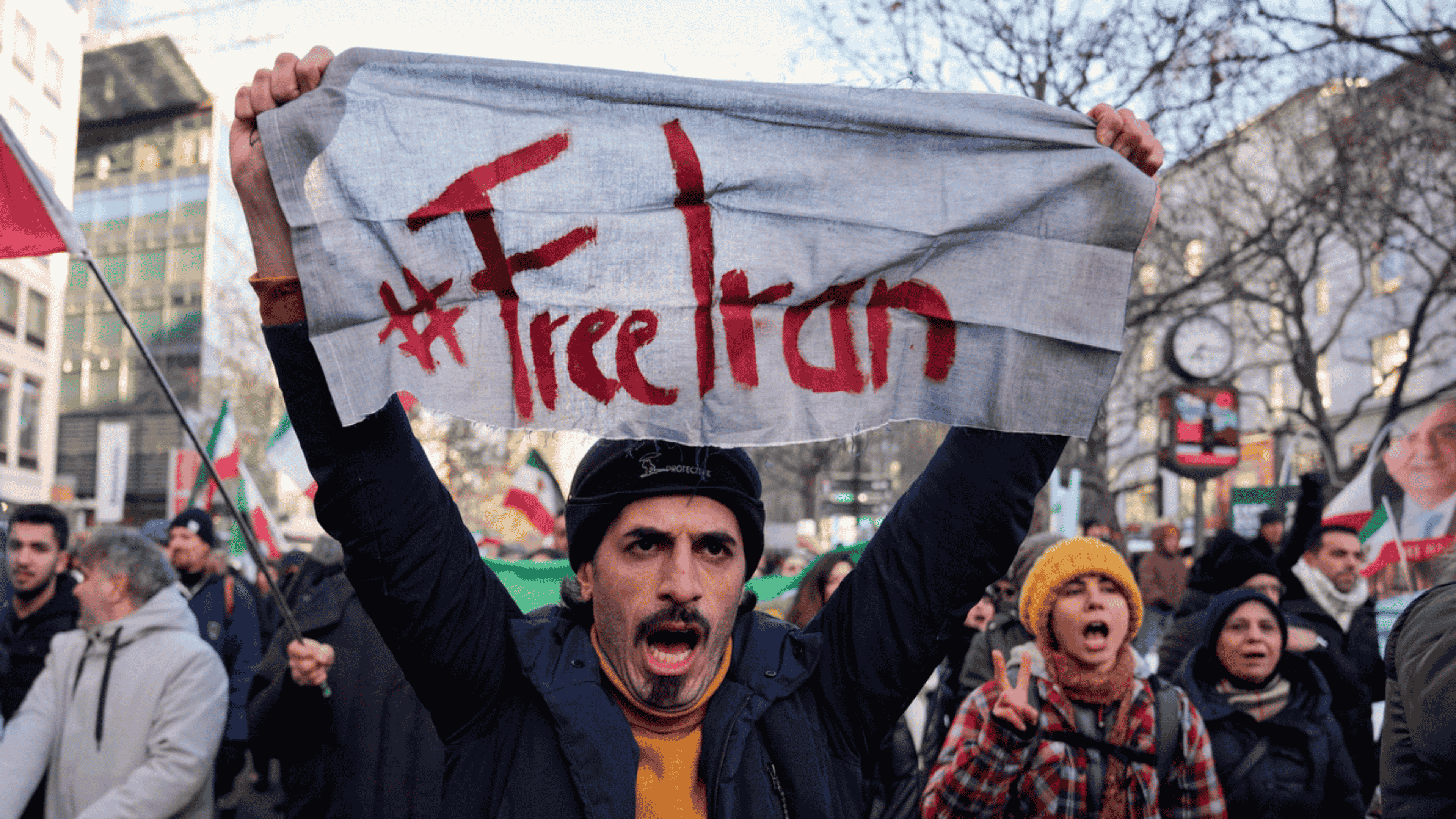Abkhazia, Angola, Bangladesh
The Mother and Unborn Child Life State Protection Act came into force in Abkhazia six months ago. In fact the law is the abortions ban.
26 members of the Abkhazian parliament voted for it, and 3 – against. Lawmakers stated as the major goal the improvement of the demographic situation. Many in Abkhazia still disagree. Here are the abortion ban opponents reasons.
1. Sometimes abortions are necessary based on medical reasons
‘I went off on it while the law was discussed, and I demanded that abortions be allowed based on medical reasons. All doctors expected such item in the law because it was related to problems in fetus development that would result in an infant’s death immediately after birth or development of grave forms of invalidity. In addition, mothers’ lives may be endangered. Other countries’ experience proves that the absolute prohibition of abortion can yield negative results. The first year will demonstrate consequences,’ says IlonaAgroba-Kobakhia, a gynecologist.
The Health Ministry of Abkhazia shares this opinion. During the law endorsement process, it insisted that abortions were required in the case when a mother’s health was endangered.

2. Allocation of funds for children – far more productive
‘I am a mother of two children and my husband and I plan to have a third child, but it is impossible so far because the state doesn’t assist us. Families with many children need allowances and good housing conditions, so there are many things that should have been done before passing that law. In my opinion, it’s a ‘medieval law,’ claims Christina Bazba, a resident of Sukhum.
Dmitry Shamba, the Abkhaz President’s representative in Parliament adheres to the same opinion. According to him, it is impossible to reach the stated goal – an increase in birthrate only through prohibitive measures. ‘A complex approach is required and several social and economic problems must be settled simultaneously,’ notes Shamba.

3. The ban’s senselessness
As a matter of fact, the ban, itself, does not settle anything. Having decided to have an abortion, a woman will easily bypass these restrictions in neighboring Russia, where this operation is legal. ‘People willing to have an abortion, will travel directly to Russia,’ says Appolon Gurgulia, Chairman of the Parliament’s Social Policy Committee.
Ilona Agroba-Kobakhia, a gynecologist, also says, there were many methods of home abortion. ‘It is very simple from a technical point of view, three days and five pills are required at the minimal risk of sequellae. The necessary pills are freely available. Adequate and correctly selected contraception is the best prevention of abortion in today’s Abkhazian reality.’
Aslan Agroba, a father of two children states: ‘A person who is willing to undergo abortion will find many ways to do it. The issue is not whether to allow or to ban abortions. If a couple has decided not to give birth to a child, no law will prevent them from doing it.’

4. Other countries’ experience
Last year, the Russian Government did not support the bill envisaging the introduction of criminal liability for abortions for non-medical reasons. It is worthy of note that the number of abortions in Russia is typically 5-8 million annually.
In 2013, the initiative to ban abortions was submitted to the Georgian Parliament due to the critical demographic situation in the country, but it caused the society’s split and the proposal was rejected. At present an abortion can be performed in Georgia at up to 12 weeks into pregnancy.
JAMnews dossier
- The average annual birthrate in Abkhazia totals 2,050.
- The average annual number of abortions in Abkhazia totals 800.
- In total there is approximately one abortion per every 2, 5 childbirths.
- An average of 21% of pregnancies are terminated artificially worldwide. 25% of abortions out of total number are done because of a threat to the mother’s life and 12% because of a fetal development anomaly.
- Having passed the amendments, completely banning abortions, Abkhazia has joined the following countries: Angola, Afghanistan, Bangladesh, Venezuela, Guatemala, Honduras, Egypt, Indonesia, Iraq, Iran, Ireland, Yemen, Columbia, Lebanon, Libya, Mauritania, Mali, Nepal, Nicaragua, UAE, Oman, Paraguay, Papua New Guinea, Salvador, Syria, Chile and Philippines.
The opinions, expressed in the article, reproduce the author’s terminology and views and not necessarily reflect the position of the editorial staff



















